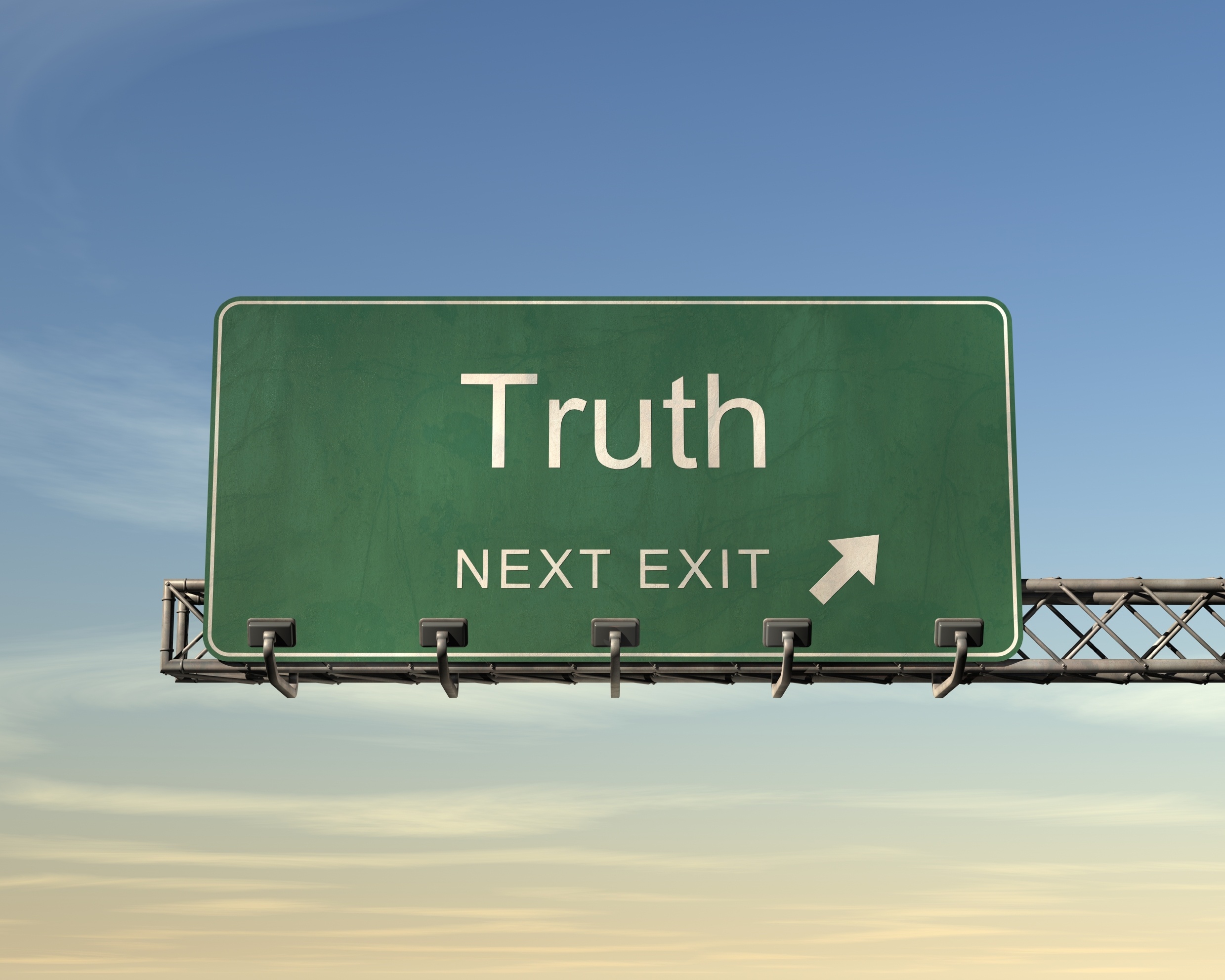Honesty is a core value I’ve espoused for many years. I didn’t always, though. When I was growing up, I was a chameleon, telling people what they wanted to hear and wanted me to be. It was a game of sorts: fooling people and seeing how smoothly I could transition between my Shakespearean acts. This time of my life came to a screeching halt when, as a young woman, I realized that I was caught in a web of illusion, half-truths, and confusion. Here's what I did.
Estimated reading time: 4 minutes

Learning to Speak the Truth, Even When It's Hard
In my 20s, I became friends with an extraordinary woman who had broken her back in a snowmobile accident a few years prior. Sharon was in constant pain, but you would never know it. She exuded extreme kindness and never complained. We hit it off right away and spent a lot of time together. We had similar interests and I heard about a wonderful lecture at the University of Northern Iowa on a subject we were both interested in.
An international speaker was presenting for one night only. And on that night, my friend had accepted an invitation to dinner from an elderly couple. I remember begging her to cancel and go with me to the lecture. I told her that the speaker would only be in town one night and that she could eat with that couple any night of the year. She maddened me by her refusal.
She simply said, “I would love to go to the lecture, but I gave my word. My word is my bond; I will not break it.”
Telling the Truth Increases Inner Peace
Her response penetrated me to my core; it was a concept that was foreign to me at the time. Breaking my word was as common to me as the Iowa cornfields.
I did go to the lecture—alone—but Sharon’s words continued to simmer in me through the night and for many weeks.
The more I thought about them, the more transformative they became. This experience led to discussions with her about honesty. I vowed to be like her. And the more truthful I became, the greater my inner peace grew.
Related reading: "Speaking Your Truth Even When It's Uncomfortable."
One thing I have realized in my long journey back to truth is that honesty liberates.
Honesty frees you to be a better person, a better parent, a better spouse, and a better friend.
Much to my surprise, I discovered along the way that everyone wants the truth, even when it hurts a little. It builds trust and trustworthiness that cannot be substituted.
If you listen and watch carefully, you'll notice that people often value politeness over honesty and avoidance of discomfort over giving truthful feedback. It is common for us to lie to protect someone’s feelings, though we may justify it as a "white lie" and even feel virtuous in the process. Living truth equals inner peace.
Related reading: "A Roadmap to Inner Peace and Emotional Fitness."
 Unfortunately, we often shame young children for speaking freely, and then we’re punitive as they grow older and don’t own up to the truth.
Unfortunately, we often shame young children for speaking freely, and then we’re punitive as they grow older and don’t own up to the truth.
Parents often make it more difficult and unsafe to tell the truth, even though learning how to be honest when it's difficult requires many emotional intelligence skills to do well.
Children observe their parents fibbing to get out of serving on a committee, and then we reprimand them for blaming their brother or sister dishonestly.
Every parent knows what it's like when a child says out loud “Look how fat that lady is!” or “Why is that boy walking funny?"
Children are sometimes hushed so quickly that they scarcely have time to recognize the error of their innocent comments. By making politeness more important than honesty, we sedate their natural curiosity.
As we grow up, we often care more about another’s feelings than our own innate need to understand or our desire to be truthful. We can lose sight of being accepted for who we are as human beings—people who make mistakes.
Lean into the Truth with Courage
Having talked to and mentored hundreds of individuals and couples over the years, I am always amazed at just how afraid people are to tell the truth—to themselves and to others. Even when truth is what is needed for a person to grow, for a marriage to be healthier, for the good of a friendship or the health of a company, we remain silent.
We are afraid of consequences, but the price of silence is so much greater.
If we are to heal our communities and build strong foundations of respect and love in our families, our businesses, and the world, it would be helpful to begin by telling the truth.
Here are just a few of the ways we can brave the wilderness to borrow a term from Brené Brown.
- Tell a friend it’s time to stop complaining and take action to be happier.
- Level with a coworker that you don’t like being interrupted ten times a day.
- Share with your spouse that you spent too much money this month and need help budgeting.
- Admit that you exaggerated a story and tell what really happened.
- Tell another parent how hurt you were by the cavalier comment they made about your child.
Our foundation must be truth to build authentic relationships and sustainable communities. White lies, omissions of truth, and blurred truth may be easier, but honesty is the most loving choice.
There is always a way to say what we need to say in a supportive and respectful way.
The first step is being honest with ourselves. Then we will naturally build honest communication and a more respectful foundation in every relationship and community.
If you'd like support in living a more authentic life, reach out to us at Heartmanity. You can email support@heartmanity.com. Transforming lives is our business!








